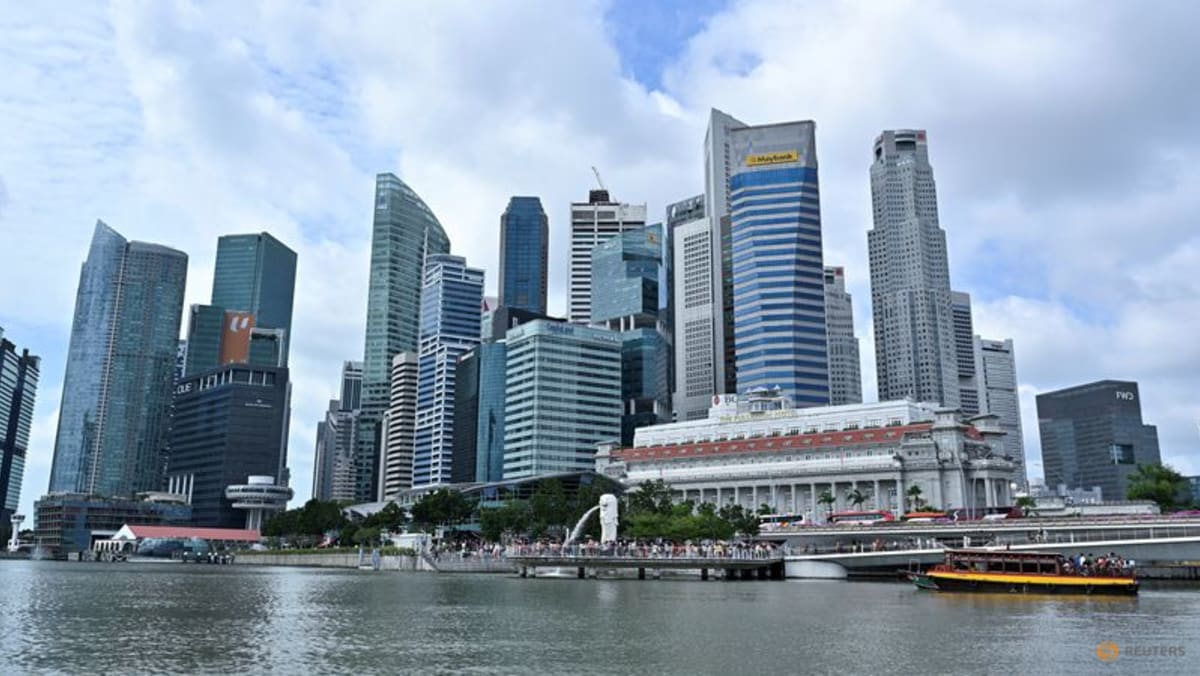OTHER CHANGES NEEDED
Experts also said having a regulatory limit is not a “watertight” solution and is just one way to strengthen Singapore’s anti-money laundering regime.
The recent court cases have thrown up questions about the lack of due diligence among corporate service providers, they said. For example, the Singaporean with 980 directorships only performed simple online searches to check if his clients were linked to criminal investigations.
“It’s important to raise the standards of corporate service providers, as well as the awareness of potential abuse by bad actors,” said Kennedys Legal Solutions’ Mr Lee.
These can be done by having providers undergo more training or introducing “prescriptive requirements on what needs to be done for due diligence” when providers take on new clients.
“These will be things that they need to verify and sign off, and that will make people realise it is no longer business as usual,” he added.
This due diligence also needs to be a continuous process, said Mr Lee.
“Somebody could come to you and pass through the litmus test at the start, but along the way, it is your business as a director or a company secretary to know what’s happening and to ask questions.
“You need to have people who are sufficiently equipped with the right training to say: ‘Sorry, we cannot continue providing services to you because there are reasons for us to believe that your activities are something that we are not comfortable.’”
Similarly, Prof Loh recommended introducing measures to educate corporate service providers on best practices for due diligence. But he called for these initiatives to be done progressively to avoid putting too much pressure on the industry.
This can start with a code of practice on due diligence. Those who prove to be compliant can be awarded a trust mark. Over time, measures such as accreditation and licensing can be introduced.
“Corporate service providers do serve a useful function for the economy and we should not in one sweep punish all of them,” said Prof Loh, while acknowledging the need for better monitoring of these companies.
As part of the proposals it will be tabling in parliament to beef up Singapore’s anti-money laundering regime, ACRA is also looking at enhancing the penalties on errant corporate service providers and requiring all such companies to register.
Ms Ho said these new legislative proposals are “a step in the right direction” to combat money laundering, but called for more regulations to prevent the setting up of illegitimate shell companies.
“For example, financial institutions must also be more discerning of the true purposes of the transactions carried out by their corporate customers and carry out periodic and holistic reviews of such transactions.”







